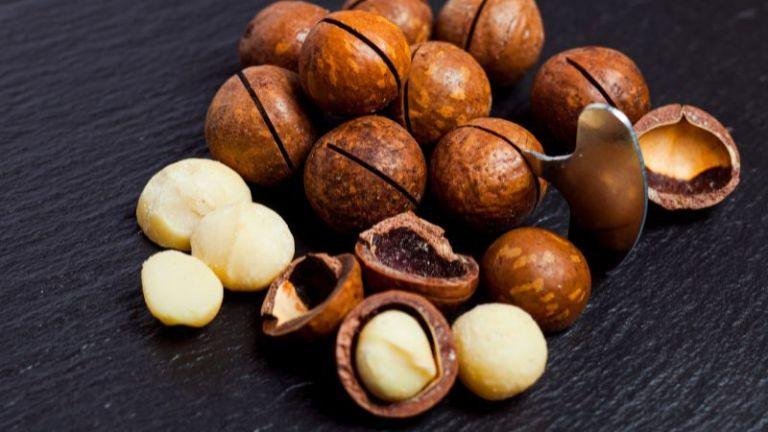The federal government has placed a six-month ban on the export of raw shea nuts used in the production of beauty creams.
Vice-President Kashim Shettima, who announced the ban, described the exportation of raw shea nuts as “unacceptable.”
Currently, Nigeria produces nearly 40 percent of the world’s annual crop, but only accounts for one percent of the $6.5 billion (£4.8bn) global market.
Shettima said the temporary ban would enable Nigeria to move from being an exporter of the raw nuts to a global supplier of refined shea products.
”It is about industrialisation, rural transformation, gender empowerment and expanding Nigeria’s global trade footprint,” the vice-president said during the announcement at the Aso Villa in Abuja.
The vice president explained that the short-term aim of the ban is to see Nigeria’s earnings from the fruit of the shea nut trees grow from $65 million to $300 million annually.
Read also:
- 50 Kano women gain BCAI’s training in climate-smart agriculture
- Lagos unveils ₦500 Billion off-take guarantee fund to boost agriculture, earns FG applause
- Tinubu appoints IBB’s, son as chairman of Bank of Agriculture
Furthermore, he said the move is aimed at making the trade more lucrative, as the country is losing out by not producing much shea butter locally.
Harvested fruit from shea nut trees has to be crushed, roasted, and boiled to extract their oil to produce the shea butter used in cosmetics.
The butter is also used in the food industry in the production of some sweets like chocolate and ice cream, and in pharmaceuticals.
Also, the Minister of Agriculture, Abubakar Kyari, said the country produces 350,000 tonnes of raw shea nuts annually, with nearly 25 percent of the nuts disappearing over the borders in unregulated informal trade.






